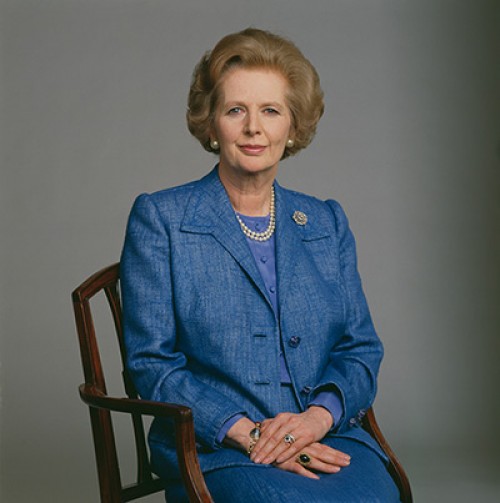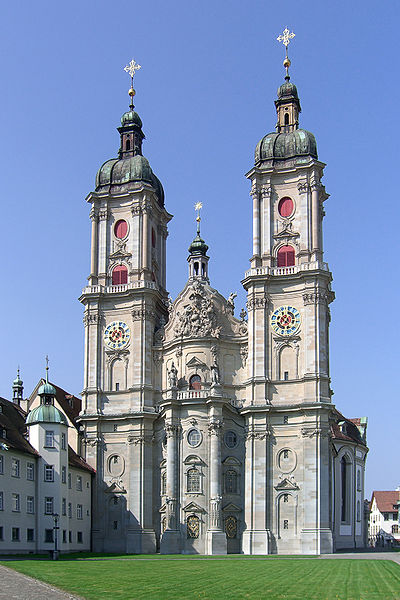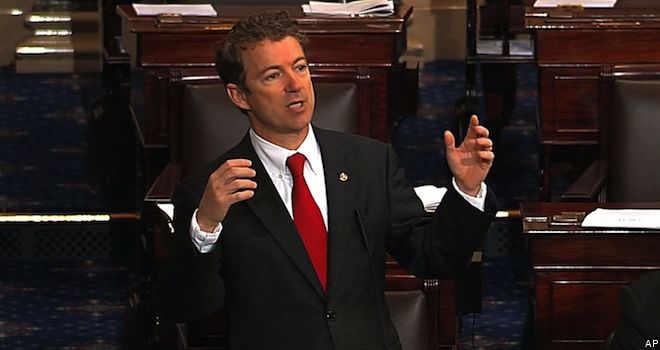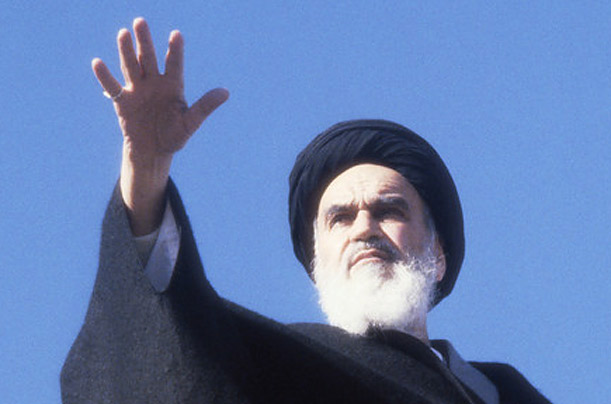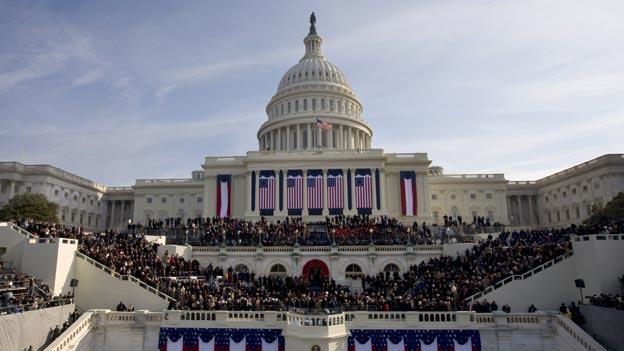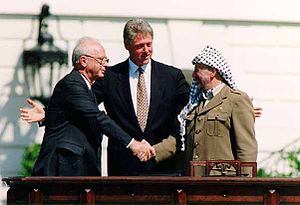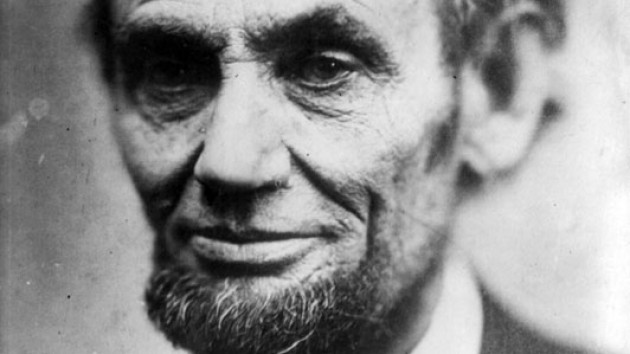 To see it as a television projection is ultimately the most appropriate way. The memory after all, for all but the 8500 people in the stands of the Lake Placid hockey arena on February 22, 1980 is a gift of the medium of television. Mike Eruzione, a college player from Boston University, is caught at the moment of release of a shot that had incredible repercussions in sport, national relations, and history. Its impact continues to this day as a defining event of the later half of the 20th century and indirectly affected the lives of tens of millions of people through memory and inspiration. Instead of epic, sacred, or profound, it occurred, of all things, in a hockey game.
To see it as a television projection is ultimately the most appropriate way. The memory after all, for all but the 8500 people in the stands of the Lake Placid hockey arena on February 22, 1980 is a gift of the medium of television. Mike Eruzione, a college player from Boston University, is caught at the moment of release of a shot that had incredible repercussions in sport, national relations, and history. Its impact continues to this day as a defining event of the later half of the 20th century and indirectly affected the lives of tens of millions of people through memory and inspiration. Instead of epic, sacred, or profound, it occurred, of all things, in a hockey game.
33 years later, the anniversary of one of sports and history’s epic events was brought to the forefront by an auction. Eruzione, whose life has been molded by the Game, determined to get value out of his jersey and hockey stick from the event, for the purposes of value to himself and his charity. The jersey sold for 657,250 dollars, the hockey stick for 262,900 – the memory obviously for everyone who experienced the moment, priceless.
The funny thing is, almost nobody out of the arena saw the event live. Television wasn’t the superconnected force it is in today’s society. The Olympic hockey game between the United States and the Soviet Union occurred in the afternoon prior to prime time television and the game was broadcast on tape delay. I was a college student at the University of Wisconsin and went to a bar on a snowy, cold night with two friends to watch(drinking age was 18 years of age then, but that is another story) as none of us had a TV, and all of us had interest in hockey, particularly with the local connection to Wisconsin players in the game such as Mark Johnson and Bob Suter. It is hard to imagine in today’s world of instant Internet informational access, that nobody outside of Lake Placid had any idea what had transpired. We watched the game with complete innocence, and progressive, utter disbelief.
The game itself had ridiculous connotations beyond what a hockey game, or frankly, any sporting event deserved. The United States in the late winter of 1980, was in a world of psychological hurt. the previous decade had seen ignominious defeat in Vietnam, the devastating effect to the concept of moral leadership of Watergate, the economic blow of the rise of OPEC and resultant oil embargo and rationing, the national paralysis over the impudent Iranian takeover of the US Embassy in Tehran, and the rise of Soviet aggression in Afghanistan. President Jimmy Carter, an ineffective , righteous micro-manager, appeared helpless in the face of such forces, and determined to take out his anger with the Soviet Union through sport, having threatened through his Secretary of State Cyrus Vance, just before the Winter Olympics in Lake Placid to boycott the Summer Olympics in Moscow later that year, summarily in protest for the incursion into Afghanistan. The United States as an international force for stability and good, was felt to be a hollow shell of its former capacities, and the world was moving onward toward progressive volatility without it.
The game was positioned to be as David vs Goliath as any sporting event in history. The United States team was filled with obscure amateurs from a country in which the best athletes participated in sports such as basketball and football. Most Americans watching hockey for the first time were likely unaware that US colleges even fielded hockey teams, as so few universities actually supported such a minor sport. The Soviet Union, on the other hand, had a team of professional players practicing year round with financial support and state of the art facilities sponsored by its military superstructure, making the team a propaganda arm of Soviet might. The Soviet team was deeply comprised of hall of fame quality depth, that made a practice of devastating other professional teams from Europe and the National Hockey League. It was without doubt, the finest professional team currently playing, and the idea that upstart college players from a minor hockey country like the US could compete in a match was considered fantasy, the proof of the pudding a nasty 10-3 spanking the Soviets applied to the US team just ten days before. Having already “proved” parity in the international basketball arena by defeating the US in a controversial upset at the 1972 Olympics, the Soviet team was not about to make room for the upstarts in the sport they owned.
The amazing thing about sport is, of course, the incredible power of carrying a chip on your shoulder. The American team underwent blast-furnace coaching by Herb Brooks, determined to use the psychology of “shocking the world” in preparing his team. The game in his mind was to break fine crystal; in other words wreak havoc on the precision of the Soviets through contesting every minute as a physical contest of wills. The Soviets, convinced of their overwhelming superiority, expected the Americans like every other team, to wilt under the continuous pressure of superior talent and precision play. Brooks was more interested in the game becoming a survival of the fittest contest.
The Soviets ended up helping the Americans every chance they could. They allowed the game to unfold exactly as Brooks hoped for, with the unease all on the Russian side. An early goal by the Russians was answered with an American goal, but the pressure was all Soviet on the beleaguered American defense and its goalie Jim Craig, the Russians peppering him with numerous blasts and taking a 2-1 lead,, until the inconceivable happened that changed the game, and history. With seconds to go in the first period almost empty of any US offensive plays, a long, loose slap shot by the Americans on the Soviet goal was poorly handled by the indisputably best goalie in the world, Vladislav Tretiak, allowing the rebound to inadvertently end on the stick of Wisconsin’s own Mark Johnson, who calmly slapped it by the stunned Tretiak with a second to go. The game, expected to be a blowout was now tied, 2-2. The Soviet coach Viktor Tikhonov then did the unthinkable – he apparently determined to “punish” Tretiak by pulling him from the game and inserting his backup goalie Vladimir Myshkin. In the hallowed halls of impetuously stupid coaching maneuvers, this was took the cake, giving the Americans a win on the game’s strategic chessboard they had no reason to expect.
The second period was all Soviet, scoring a goal, and out-shooting the Americans 12 to a pathetic 2 shots on goal and taking a 3-2 lead. The game was nowhere near as close as that, as Soviet bombardment continued on goalie Craig unabated, with shots deflected by the netpipes and by Craig with near equal occurrence. Then suddenly Mark Johnson, as those of us who had seen him play so often with the University of Wisconsin team, took advantage of opportunity as only a true scorer does, making the most of a rare American power play man advantage, scoring on Myshkin with just over 8 minutes left, tying the game again at 3-3. I can still remember my friends and my shared excitement at the idea that at this late stage in game, the upstarts were in a position to do the unthinkable, and potentially actually WIN. Many camera angles began to capture two amazing sights. The first was the ‘carnivore tensing for the kill’ expressed in Coach Herb Brooks face as he realized how close the team was to achieving the greatest upset since David slung the rock at Goliath; the second was the incomprehensibly worried looks on the Soviet players as they felt destiny pressing against them with overwhelming force.
With exactly ten minutes left, destiny called Mike Eruzione, and he answered, with a slapshot just inside the right faceoff past Myshkin into the net. The greatest team in hockey, the pride of the Soviet Army, the unstoppable force of collectivist organization, was now trailing the collection of college hobbyists from the United States on the world stage. The pressures from this point onward, the gritty defense of the United States against the greatest offensive players in the world, the goalie Craig who was summoning from nowhere one of the greatest displays in goalie play ever witnessed, the power of intense humiliation staring the Soviet professionals in the face, the incredible tsunami wave of emotion pouring forth from the disbelieving crowd, made the last ten minutes hockey an epic of memory never to be forgotten. Shot after shot, wave after wave of Soviet drives against the ramparts of the American will to persevere defined every succeeding second, until ABC’s TV announcer Al Michaels made his career in broadcasting by framing the final seconds in immortality:
11 seconds, you’ve got 10 seconds, the countdown going on right now! Morrow, up to Silk. Five seconds left in the game. Do you believe in miracles?! YES!
The impact of what had just happened (actually what had happened several hours before due to the TV delay) was indescribable. My friends and I were stunned by our own emotional exhaustion, and I remember few words were expressed. The overwhelming emotion was elation, at its purest derivative. It describes the sensation, however indirectly, of having participated in something you know is life affirming, and unique in your exposure to it. It brought to the world possible, out of all that was felt impossible, and I suspect for the next decade drove a resurgence in can do spirit for which the 1980’s became known for. It is possible that such elation in its highest form fueled the spark of Solidarity, that out of the factories of Gdansk, took on and eventually dismantled the Soviet omniscient hegemony. It may have brought the can do spirit that caused the American economy to roar back under President Reagan, when framed in prism of what an individual is capable of. It may have powered the return of American creativeness and individual will to succeed that created the Information Revolution and ascendancy of American invention and entrepreneurship.
All that from a hockey game? Maybe, maybe not. Mike Eruzione is smart enough to understand the power of the symbols of that game to everyone and auctioned some material items off for monetary gain. He is also smart enough to know, however, that the ultimate prize from the game is the crack in time that is fused forever in the television frame above, where his destiny, and the history of humanity, was briefly fused in undeniable joy. Such memories are unauctionable; his, mine, and for millions who saw it – ours forever.
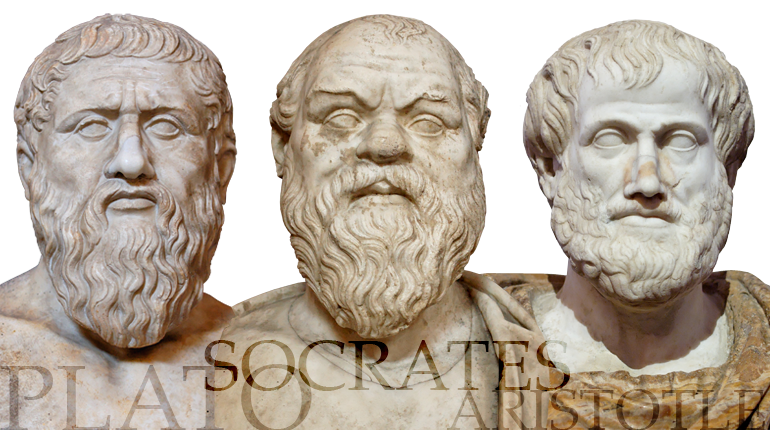 In a humbling perspective, the presence of man as a thinking, actionable being in the scope of time as compared to bacteria as the first living organisms seeking interaction with their environment is a pittance. The relationship of a few score of thousands of years to the greater than three billion years that bacteria have survived takes shape when one compares it to some objective knowable reference. In perspective of time as distance, if thinking man were walking in the same travelled steps that bacteria have already taken referenced to the three thousand mile distance between Los Angeles and Chicago, man as a rational creature would occupy only the last 20 feet of the journey. This brief presence hardly seems worthy of historical adulation, but it is of course the impact made by this relatively new participant to history that makes man’s action so worthy of study.
In a humbling perspective, the presence of man as a thinking, actionable being in the scope of time as compared to bacteria as the first living organisms seeking interaction with their environment is a pittance. The relationship of a few score of thousands of years to the greater than three billion years that bacteria have survived takes shape when one compares it to some objective knowable reference. In perspective of time as distance, if thinking man were walking in the same travelled steps that bacteria have already taken referenced to the three thousand mile distance between Los Angeles and Chicago, man as a rational creature would occupy only the last 20 feet of the journey. This brief presence hardly seems worthy of historical adulation, but it is of course the impact made by this relatively new participant to history that makes man’s action so worthy of study.
